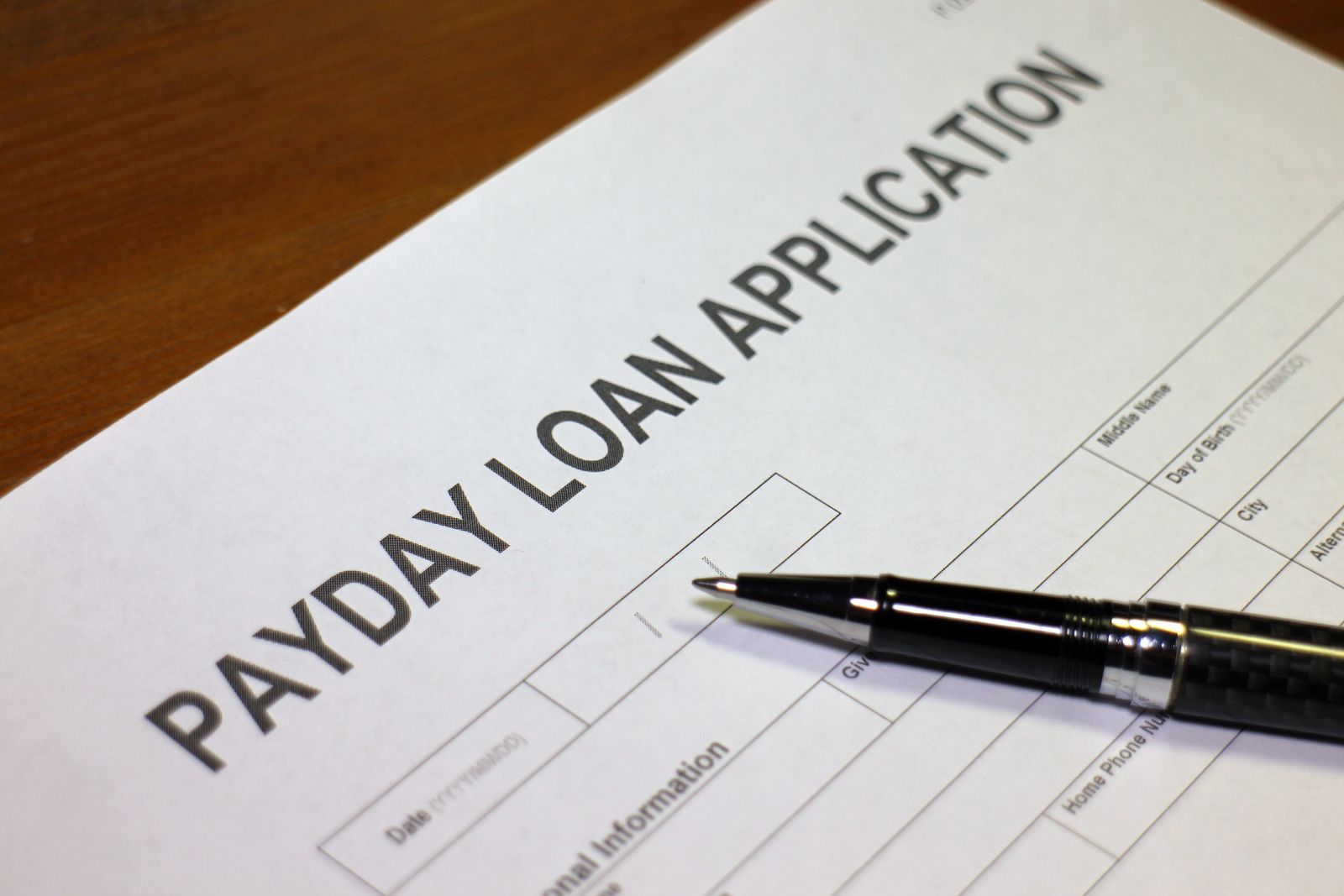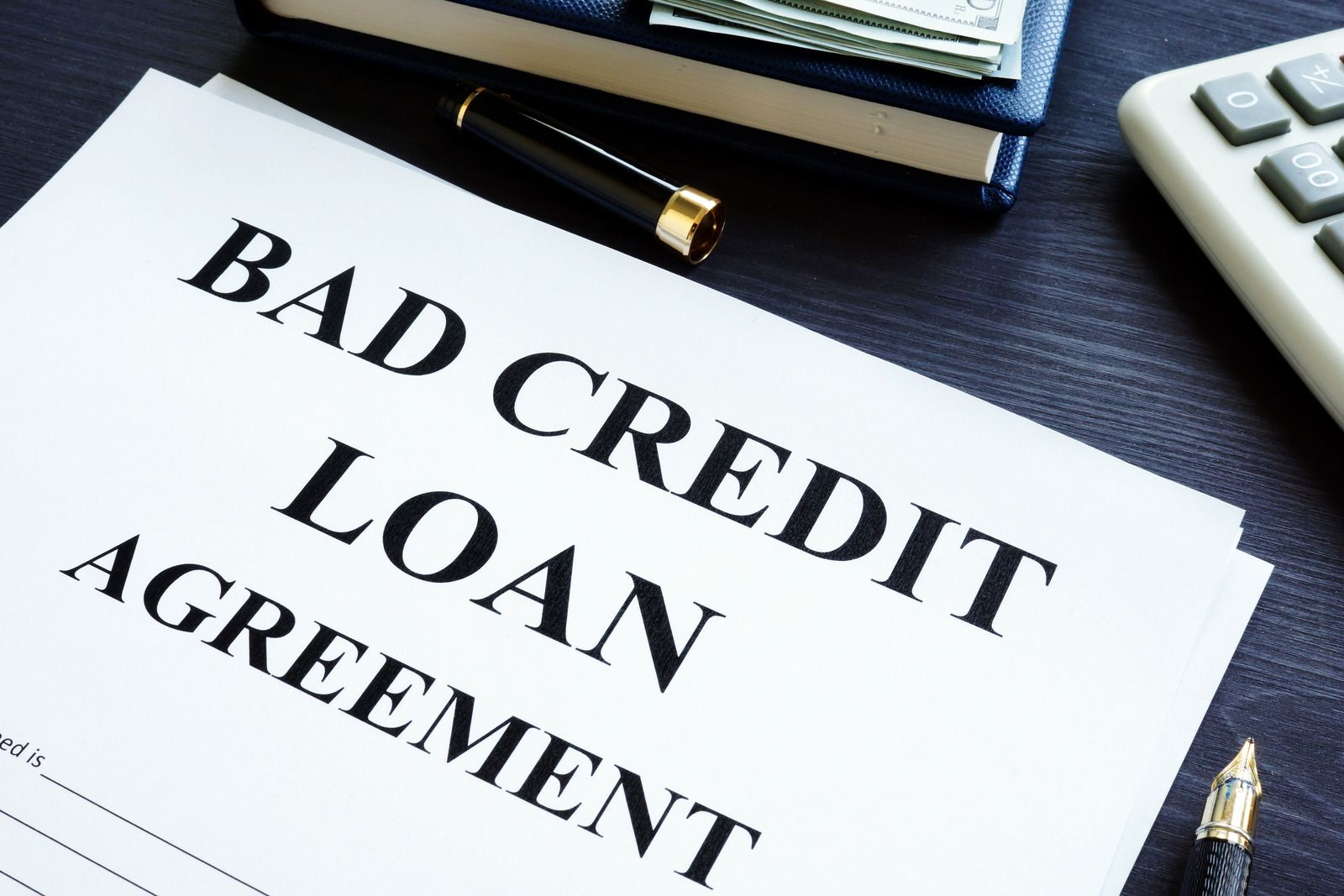Bad Credit? Here’s How You Can Still Qualify for a Loan
June 3, 2025

Having
bad credit can make getting approved for a loan more challenging, but it doesn’t mean you're out of options. Many lenders understand that credit scores don’t tell the whole story. Whether you’re trying to cover an emergency expense, consolidate debt, or finance a major purchase, there are ways to improve your chances, even with a low score. Here’s how you can still qualify for a loan with bad credit.
Understand Your Credit Situation
Before applying for any loan, check your credit report to understand where you stand. Credit scores range from 300 to 850, and anything below 580 is considered poor. Make sure your report doesn’t have errors—incorrect balances, outdated accounts, or even identity mix-ups can hurt your score. You can dispute any inaccuracies with the credit bureaus. Knowing your score also helps you target the right lenders and avoid unnecessary credit inquiries.
Explore Lenders That Work With Bad Credit
Not all lenders have the same requirements. Some specialize in working with borrowers who have low credit scores. These include credit unions, online lenders, and certain community banks. Online lending platforms, in particular, often use alternative data (like income, employment, and payment history) instead of relying solely on your credit score. Just be sure to research lenders thoroughly and avoid predatory ones that charge sky-high interest rates or hidden fees.
Offer Collateral for a Secured Loan
If you have valuable assets such as a car, savings account, or other property, consider applying for a secured loan. These loans use your assets as collateral, reducing the lender’s risk and increasing your chance of approval. Just be aware that if you default, the lender can claim the collateral. However, secured loans usually come with better terms and interest rates compared to unsecured options.
Get a Co-Signer
A co-signer with good credit can significantly boost your loan approval chances. This person agrees to take responsibility for the loan if you can’t repay it. Because the lender sees the co-signer as a backup, you may qualify for a larger loan amount or a lower interest rate. Just make sure both you and your co-signer are clear on the terms, as missed payments can affect both your credit scores.
Focus on Steady Income and Employment
Even if your credit is less than perfect, lenders want to see that you have the ability to repay the loan. Providing proof of consistent income, such as pay stubs, bank statements, or tax returns, can reassure lenders that you’re financially stable. If you’ve been employed steadily for a long time or work in a stable industry, it could work in your favor. Some lenders may even consider your monthly cash flow more important than your credit score.
Build a Relationship With Your Lender
If you already bank with a credit union or local lender, take advantage of that relationship. They may be more willing to work with you because they know your financial habits. Set up a meeting to discuss your options and show that you're serious about borrowing responsibly. You might qualify for better terms based on your history with the institution, even if your credit isn’t ideal.
At Teton Financial, we’ve been helping individuals in Idaho Falls, ID, secure financing for over 20
years—even those with less-than-perfect credit. Our team takes a personalized approach to match you with loan solutions that work for your financial goals. Ready to explore your options? Contact Teton Financial
today and take the first step toward financial freedom.




